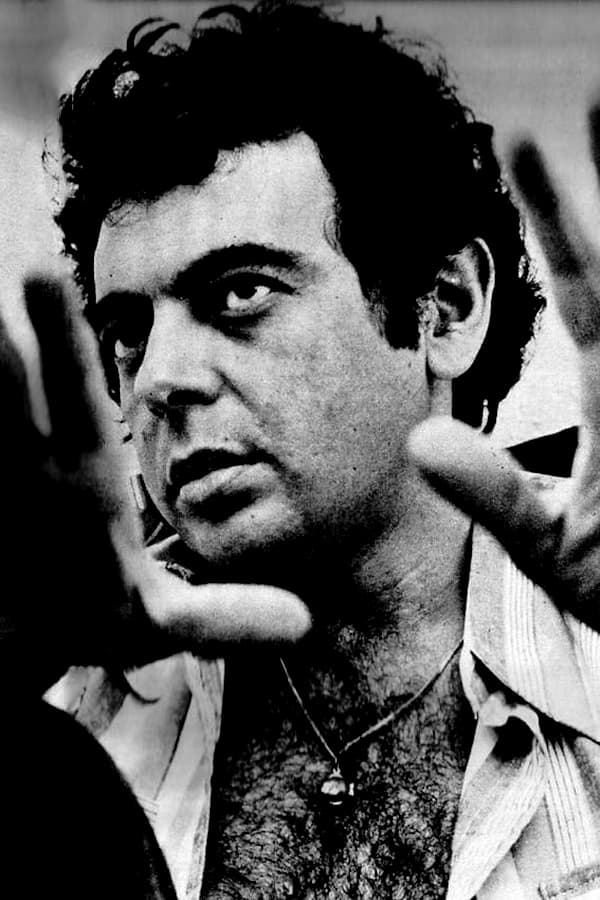
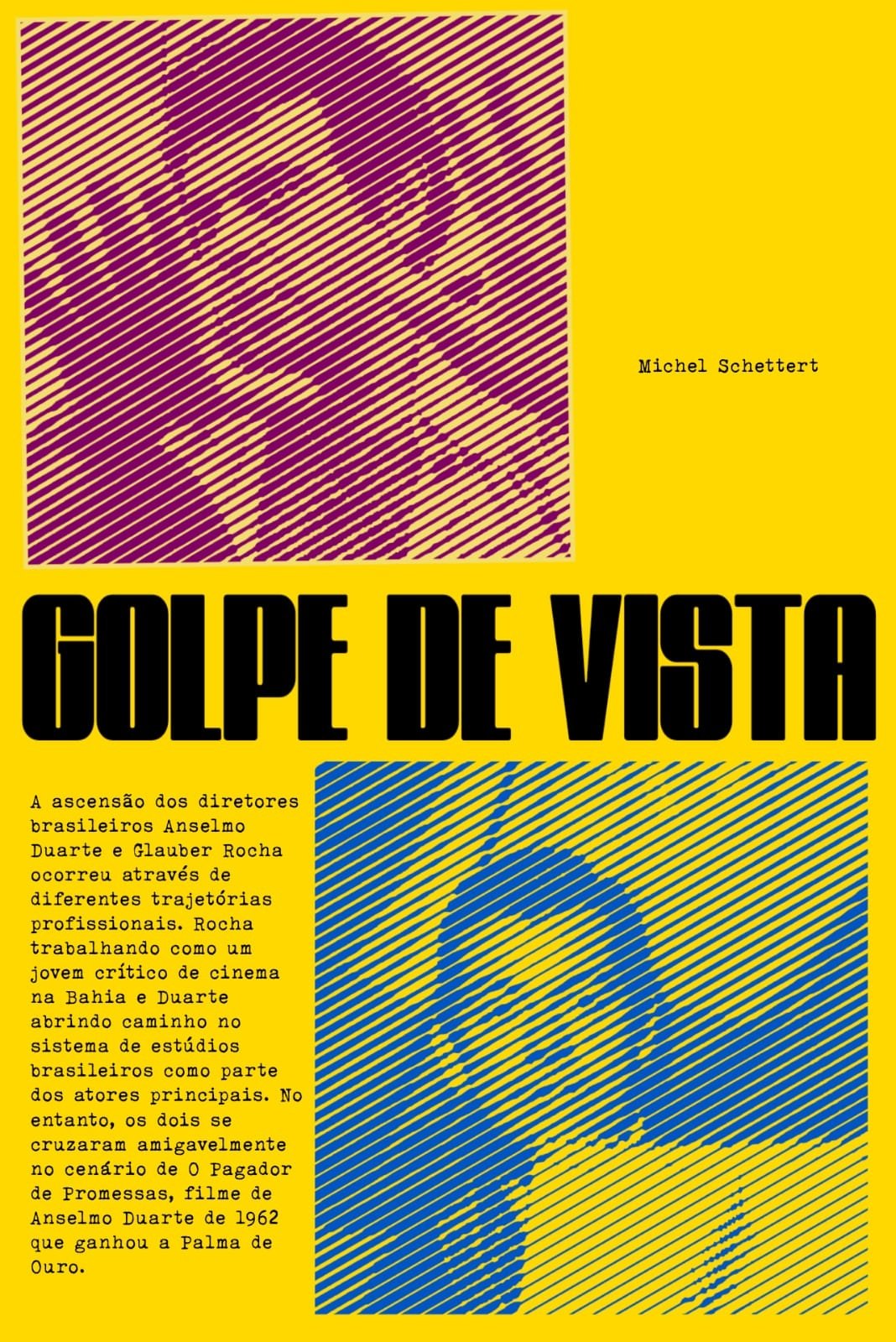
The rise of Brazilian directors Anselmo Duarte and Glauber Rocha occurred through different professional trajectories. Rocha working as a young film critic in Bahia and Duarte working his way through the Brazilian studio system as part of the leading actors. However, the two crossed paths amicably on the set of O Pagador de Promessas, Anselmo Duarte's 1962 film that won the Palme d'Or.
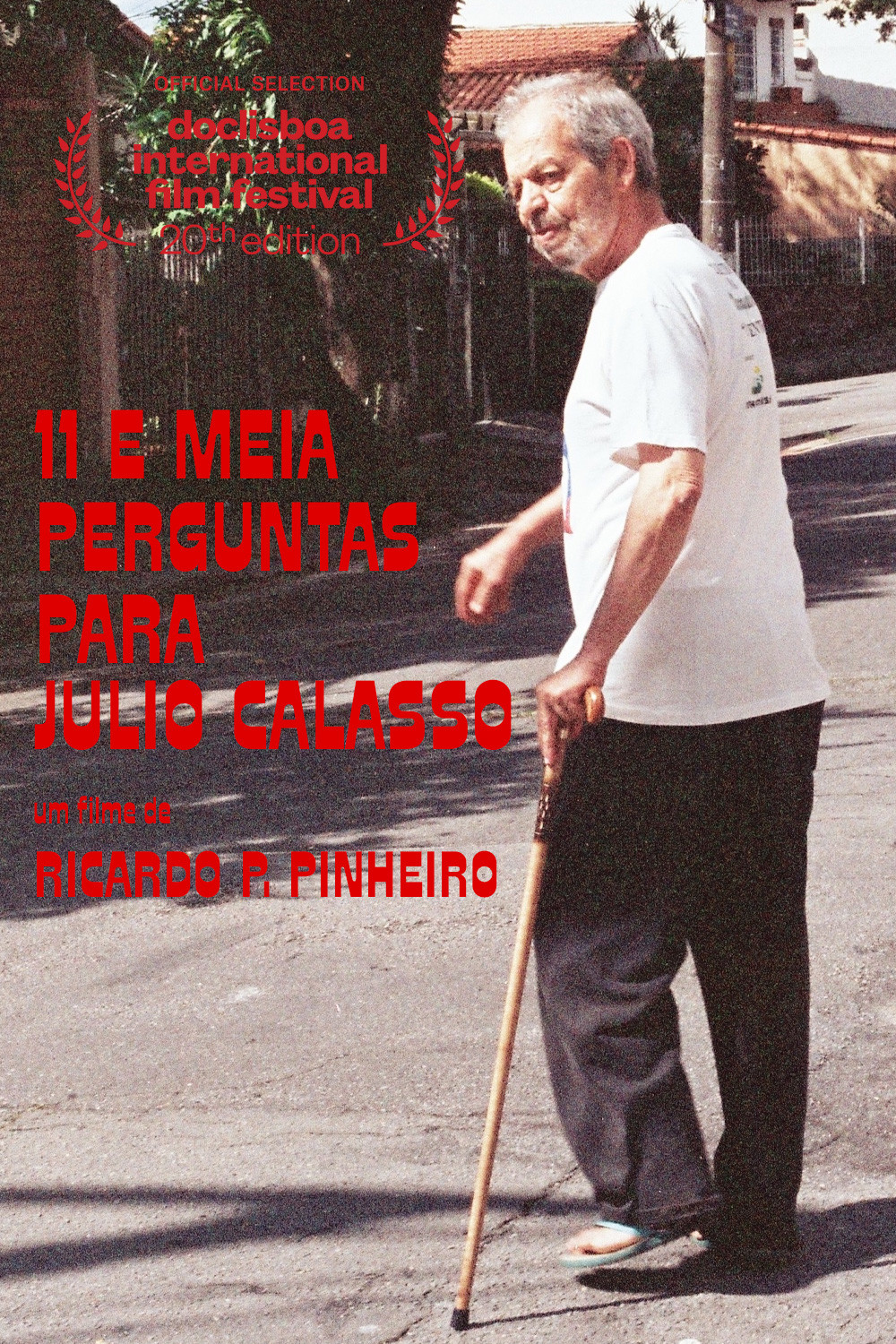
A final conversation with departed actor, director and musical producer Julio Calasso Jr., a key character in the Brazilian artistic scene. At his old house in Butantã, São Paulo, Julio talks about his experiences, frustrations, joys and tragedies.
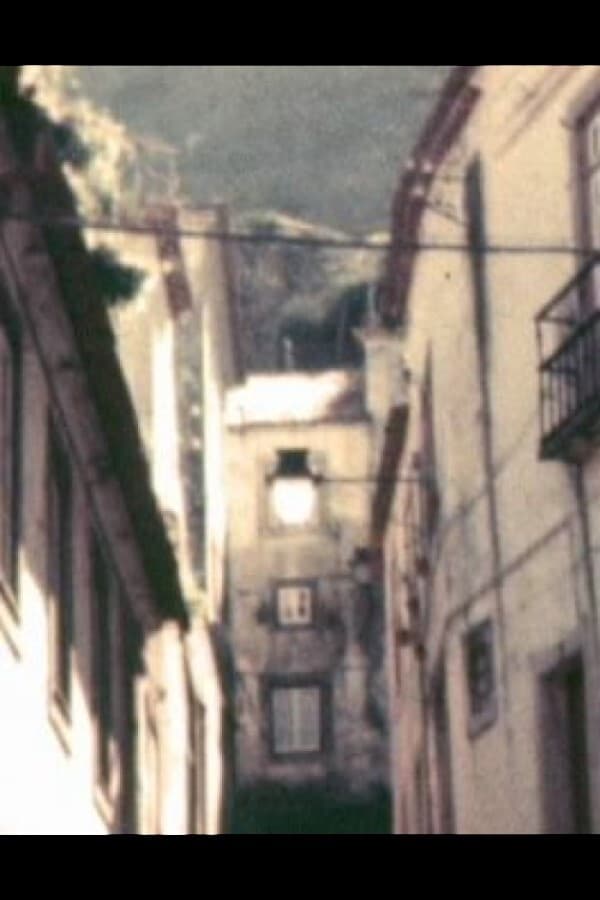
An experimental, visual poem that registers life and the architecture of Sintra (Portugal), captured by Paula Gaitán and featuring glimpses into her own photography art, rural/urban contrast, and memories with Glauber Rocha and family. Accompanied by the soundwork and music of L. Borgia Rossetti.

An authentically marginal cinema created in Catholic university in Brazil. One of the most intriguing and imaginative moments in modern cinema in the voice of some of its select conspirators—with Carlos Reichenbach at the lead—, and through the most razing flow of images that can possibly be conceived.
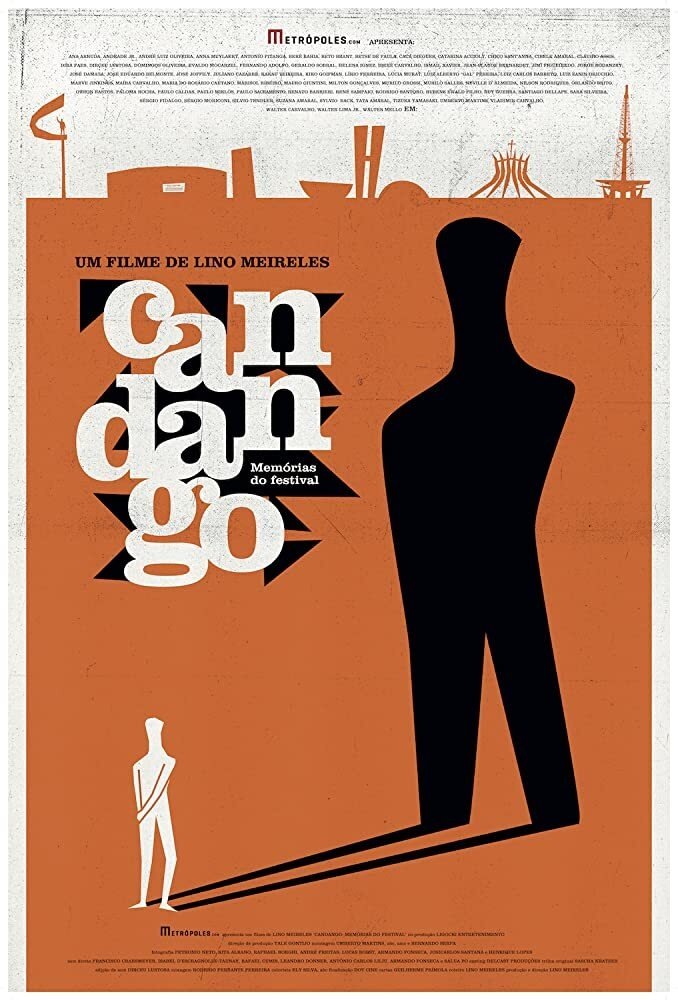
In 1965, a year after the military coup in Brazil, an oasis of freedom opened in the country's capital. The Brasília Film Festival: a landmark of cultural and political resistance. Its story is that of Brazilian cinema itself.
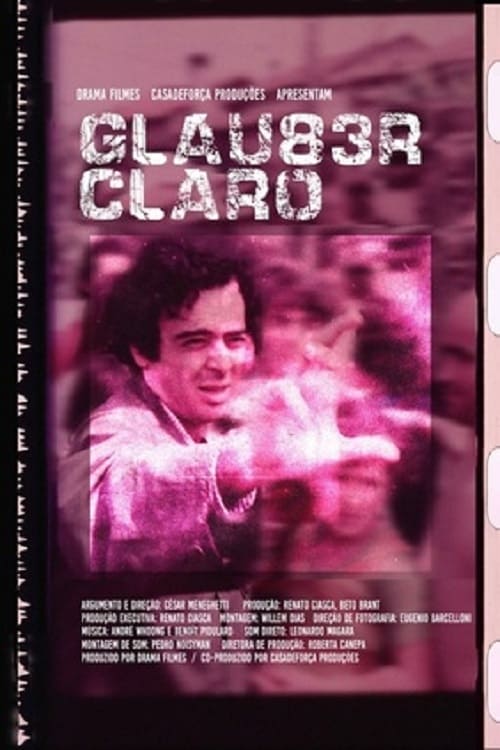
A deep dive into Glauber Rocha's years exiled in Italy in the 70s. Through a collection of interviews and archives, the movie shows the making of his film Claro (1975) and his relation with European auteurs in their filmic and political views.

In 1979, while Brazil was going through the troubled moment of the Amnesty Law, Glauber Rocha directed the program Abertura for TV Tupi, in which he interrogated a contradictory and boiling Brazil head-on, full of utopias but always under the weight of secular wounds.
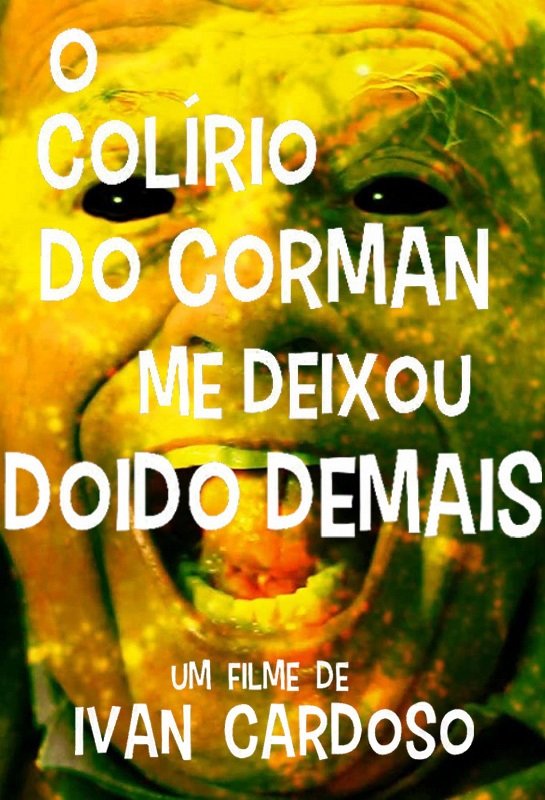
A totally Cardoso-appropriated footage delirium, done as a tribute to US independent cinema's original rebel. In the end, Corman himself blesses Cardoso by saying: "You blended horror, sex and humour very well. And particularly the editing is very good because the film never lagged or slowed down". Which film? This one!
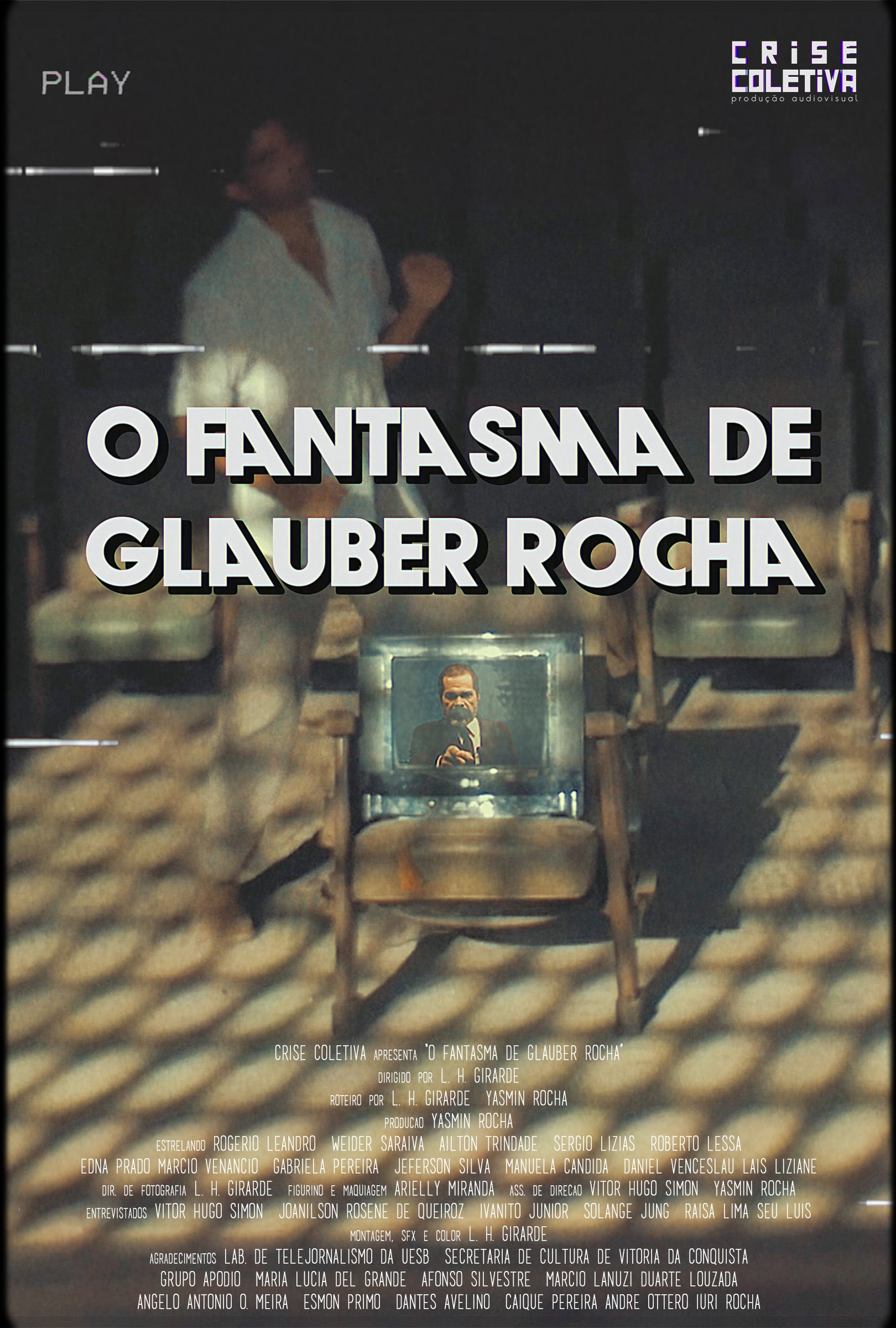
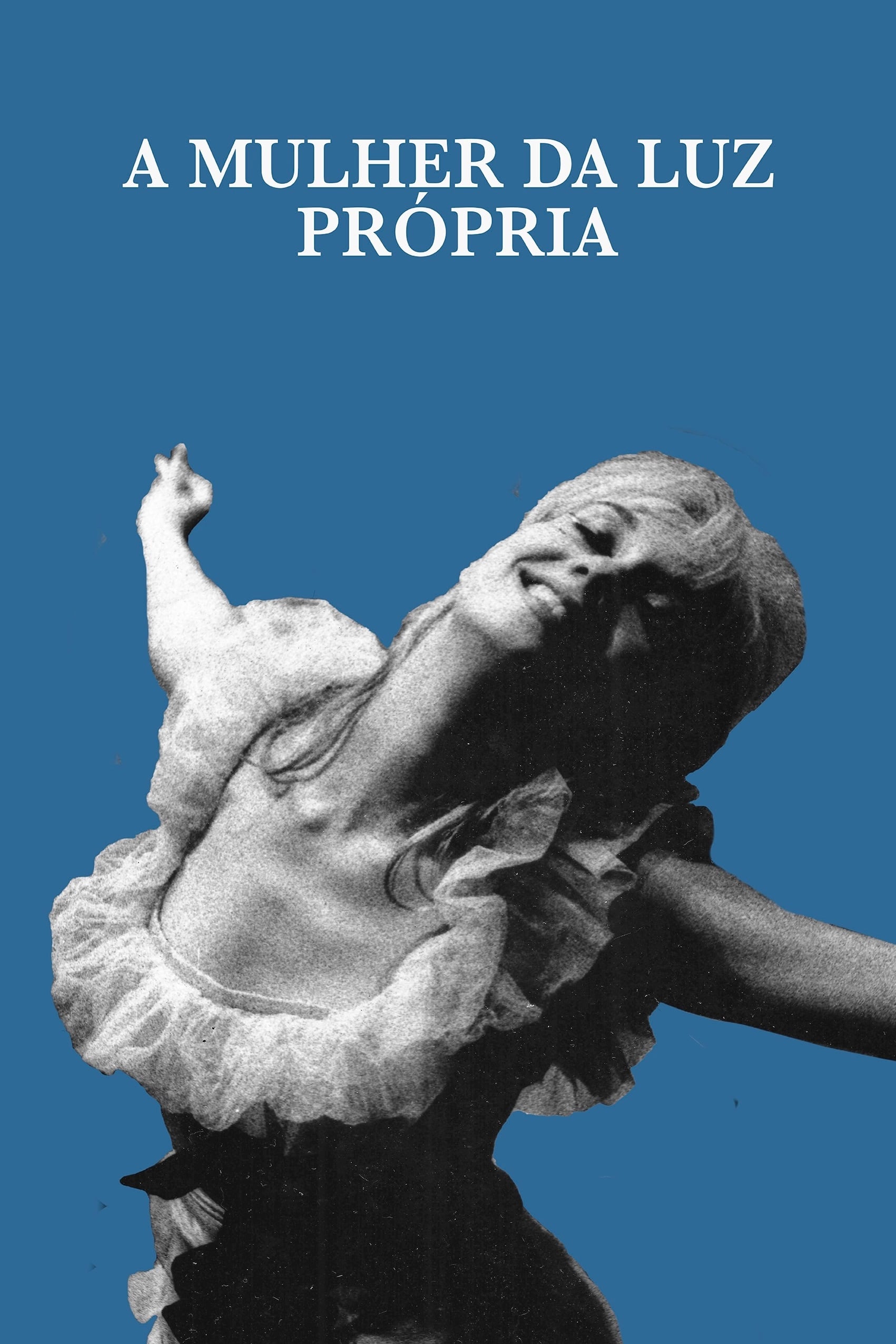
Helena Ignez is one of the main female figures of Brazilian cinema. She developed a new style of acting. Nowadays, she directs independent films. The documentary tells some of the History of Brazilian cinema, its political context and Helena's trajectory.
Glauber de Andrade Rocha (Vitória da Conquista, March 14, 1939 — Rio de Janeiro, August 22, 1981) was a Brazilian filmmaker, considered by critics, specialized journalists and the public as one of the biggest names in the history of Brazilian cinema. Revered as a revolutionary genius, he was one of the founders of the avant-garde Cinema Novo movement, and many of his works, such as Deus e o Diabo Na Terra do Sol, Terra em Transe and O Dragão da Maldade Contra o Santo Guerreiro, are often listed as some of the best Brazilian films of all time.
By browsing this website, you accept our cookies policy.